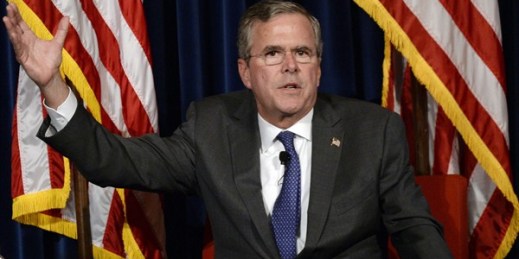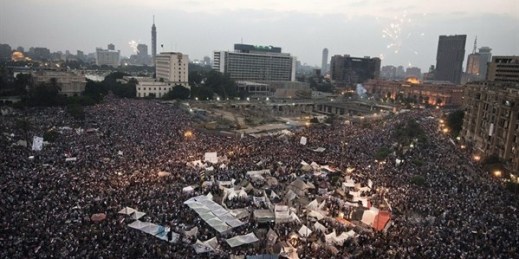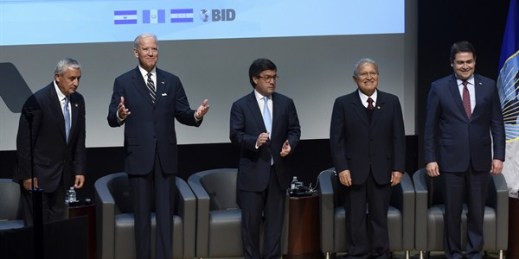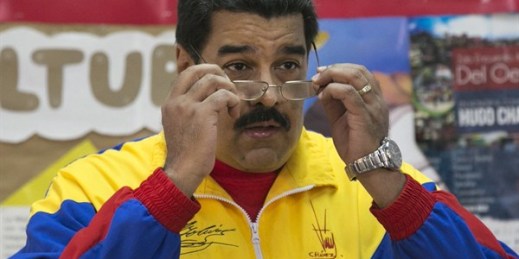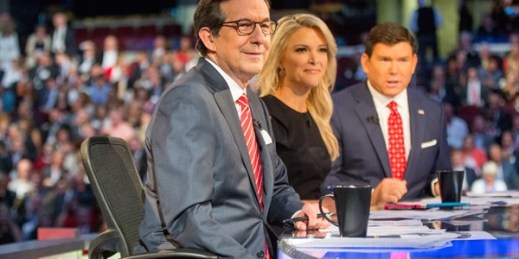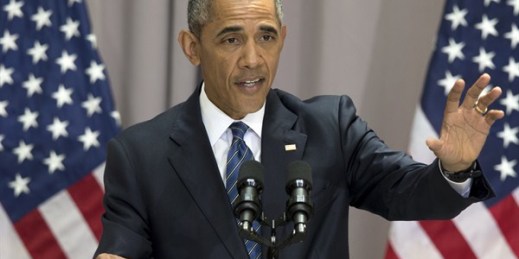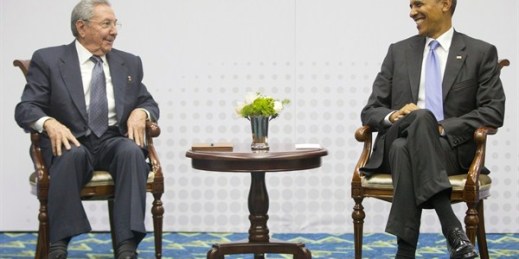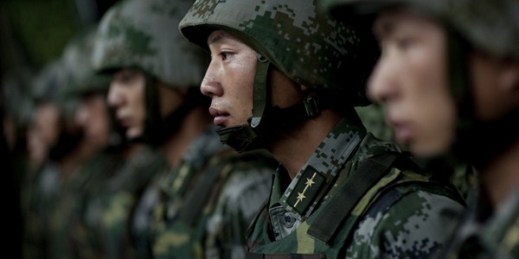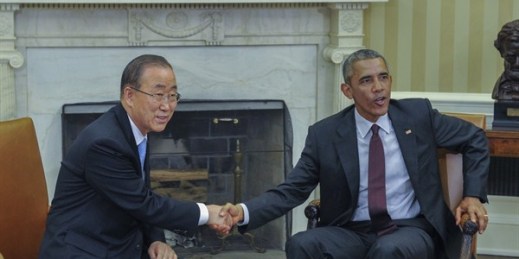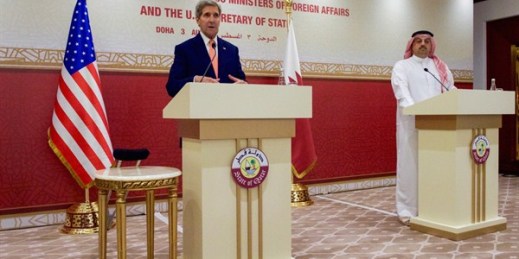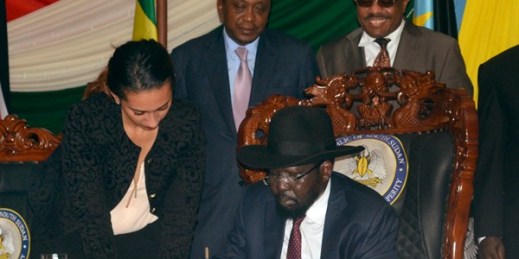
How much clout does the U.S. wield over African leaders? Over the past month, the Obama administration has turned up the heat on South Sudan’s president, Salva Kiir, pressuring him to commit to a deal to end his country’s 20-month-old civil war. Kiir did all he could to avoid signing the agreement, which involves a power-sharing arrangement with rebel leader and former Vice President Riek Machar. He backed out of a ceremony to sign it in the middle of last month and only gave in last week after the U.S. threatened him with United Nations sanctions. Last week, the Security […]

